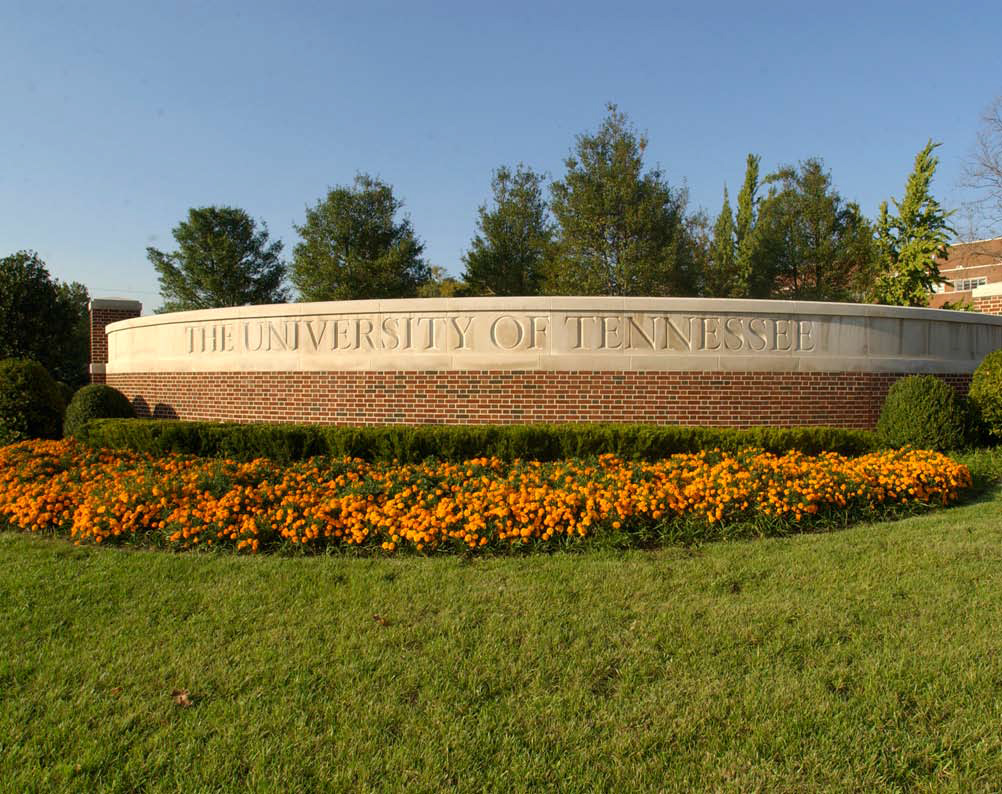
A University of Tennessee student is asking her school to sign a national letter denouncing political interference in higher education.
Jenna Ciesla started a petition on change.org calling on University of Tennessee, Knoxville leadership to join the chorus of university leaders who have signed on to a letter from the American Association of Colleges and Universities.
The letter, published on April 22, states that colleges and universities should be a place where students and staff can freely exchange ideas “without fear of retribution, censorship, and deportation.” In recent months, the Trump administration has revoked more than 1,000 student visas. The administration recently restored those international students’ legal status in the U.S., but universities continue to face a crackdown on Diversity, Equity and Inclusion policies and student activism.
“I’m not really proud my university is standing back and doing nothing,” Ciesla, a political science major, told WPLN News. “So, that’s when I decided that I think it’s time for us to try and push to get our university to do something.”
Ciesla started the petition after speaking with some of her dissatisfied classmates. The letter pleads with the university to protect its students’ academic freedom – noting that the university is known for its research which she fears may be more restricted now.
“Prove our Volunteer spirit, uphold our values and the free pursuit of knowledge at our beloved institution,” the petition reads.
The University of Tennessee, Knoxville didn’t respond to WPLN News’ request for comment.
Presidents from hundreds of small to prominent universities – including Brown University, Carnegie Mellon University, and the University of Pennsylvania – have signed onto the AAC&U letter. The academic leaders say in the letter that they are open to constructive reform but oppose undue government intrusion.
Ciesla is concerned that government intrusion will include funding cuts to gender-based research. With a minor in women, gender, and sexuality, much of her coursework covers topics, like reproductive justice and intersectionality. She said these classes afford students a broader understanding of the experiences of marginalized people.
“But it’s also scary that a lot of the stuff I’m learning about are things that in three months, people will not be allowed to learn about potentially,” Ciesla said.
Another Tennessee institution missing from the letter is Vanderbilt University. Vanderbilt didn’t respond to a request for comment.
Ciesla is graduating early and headed to law school in the Fall.

